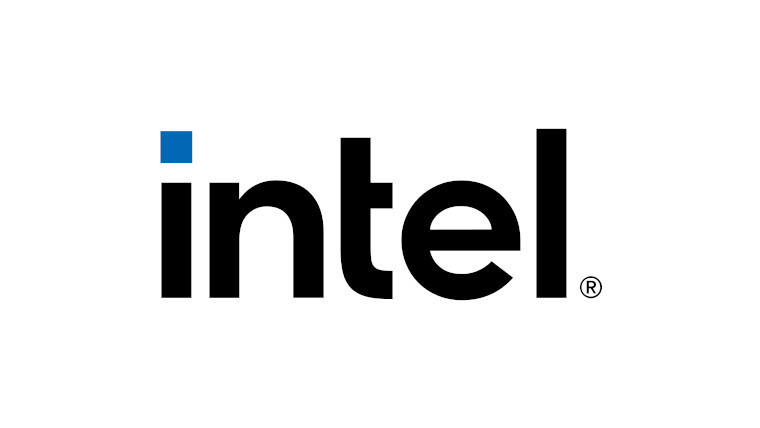
Intel and the German government are to sign a deal today to create a new factory in Dresden where Intel will produce semiconductor chips. According to Reuters, the signing is the result of months of talks related to subsidies - Germany is expected to pay out billions of euros in subsidies to attract the business.
Intel supposedly asked the central European nation for €10 billion in subsidies initially but Germany rejected this. The government tried to lower the amount to €6.8 billion but this was too little for Intel; as a result of talks, the two parties have apparently settled closer to Intel’s request at €9.9 billion.
The subsidies are being demanded by Intel as a result of labour costs in developed countries. Due to the coronavirus pandemic, the world experienced semiconductor shortages as there was an over-reliance on Asia. The US and Europe want to change this by diversifying the manufacture of chips to other countries like Germany and Italy, Israel is also getting in on the action.
The amount that Intel will receive in subsidies from the German government came from a Handelsblatt report last week and relayed by Reuters. The government is still to confirm how much state funding it will give Intel as part of the deal. That could come when the two parties sign the agreement at 12:45 p.m. GMT on Monday.
Germany is not depending on Intel alone, it is also in talks with Taiwan’s TSMC and Sweden’s Northvolt to bring production to Germany. It has already had success with Tesla which has built Gigafactory 4 in the country. Tesla’s new German gigafactory opened up in March 2022.
It’ll take a few years for Intel to get expand manufacturing in Europe and the Middle East but once it does, it will add resiliency to the semiconductor supply chain and shortages shouldn’t be as acute as during the pandemic.

















7 Comments - Add comment